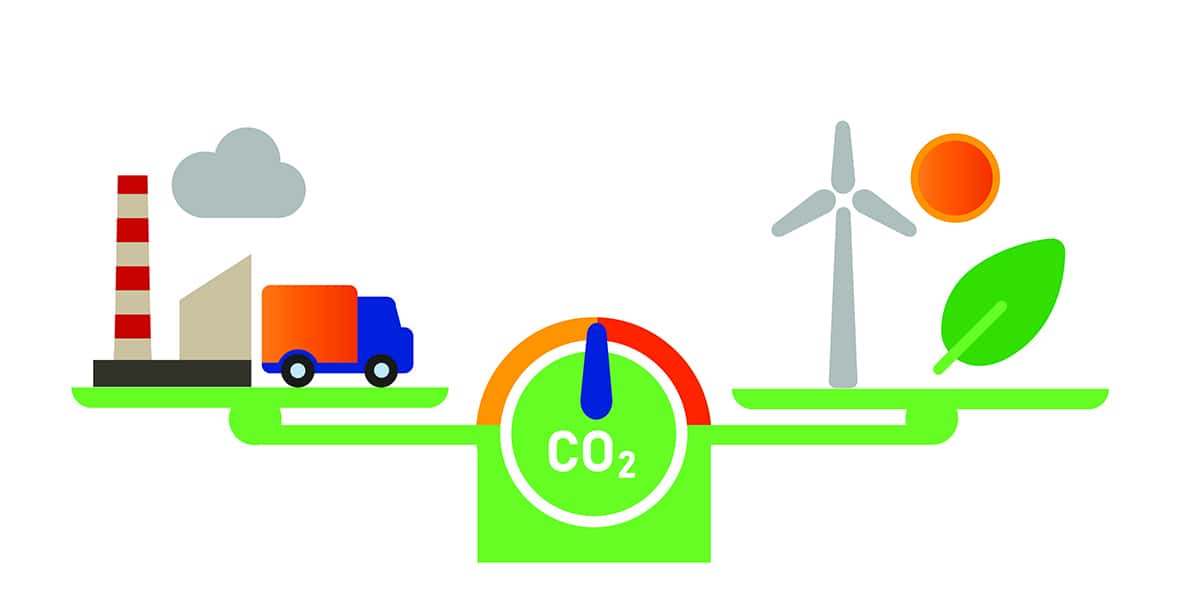European nations opt for nuclear, oil, and gas to reduce their dependence on Russian energy which helps finance their war effort in Ukraine.

Russia’s invasion of Ukraine brought the idea of energy security to the fore and puts commitments to limit global temperatures to 1.5° Celsius above preindustrial levels—and pledges to reach net-zero carbon emissions by 2050—at risk.
Even before the war, a harsh winter depleted European natural gas stores. At the same time, low wind speeds and a lack of nuclear power led to shortages of electricity and natural gas in 2021, resulting in soaring energy market prices across Europe.
Russia provides about 40% of the EU’s natural gas and coal imports and about a quarter of its crude oil. This dependence and rising energy prices have hindered attempts for an energy embargo, prompting EU Environment Commissioner Virginijus Sinkevicius to say that Europe pays billions of euros to Russia’s war chest every year.
UN Secretary-General António Guterres warns that an immediate fossil fuel supply gap will result in countries neglecting or limiting policies to cut fossil fuel use.
“As current events make all too clear, our continuing reliance on fossil fuels puts the global economy and energy security at the mercy of geopolitical shocks and crises,” Guterres said at a recent sustainability conference run by The Economist. “Instead of hitting the brakes on the decarbonization of the global economy, now is the time to put the pedal to the metal toward a renewable energy future.”
Rather than rushing to renewables, Europe has been shoring up alternative providers of liquefied natural gas, while many countries, including Germany and the UK, are considering reopening decommissioned coal plants as a short-term solution to meet an energy shortfall.
Germany, which is especially dependent on Russian energy, has invested heavily in renewables but is in the final phase of shutting down its remaining nuclear power plants. Nevertheless, supply is so stark that Germany’s economy minister, Green Party politician Robert Habeck, proclaimed in March: “Pragmatism must trump every political commitment.”
Other countries, including Belgium and the UK, are looking at increasing nuclear capacity, but this takes time and is more expensive than renewables.
Renewables remain the preferred long-term solution—providing clean, cheap and reliable energy. But it seems for now, even the greenest of governments will not phase out coal.



